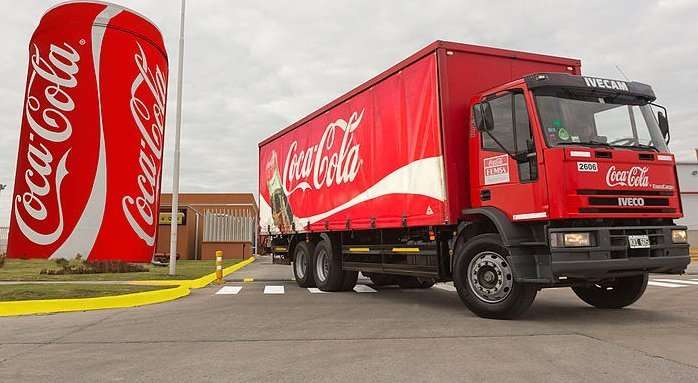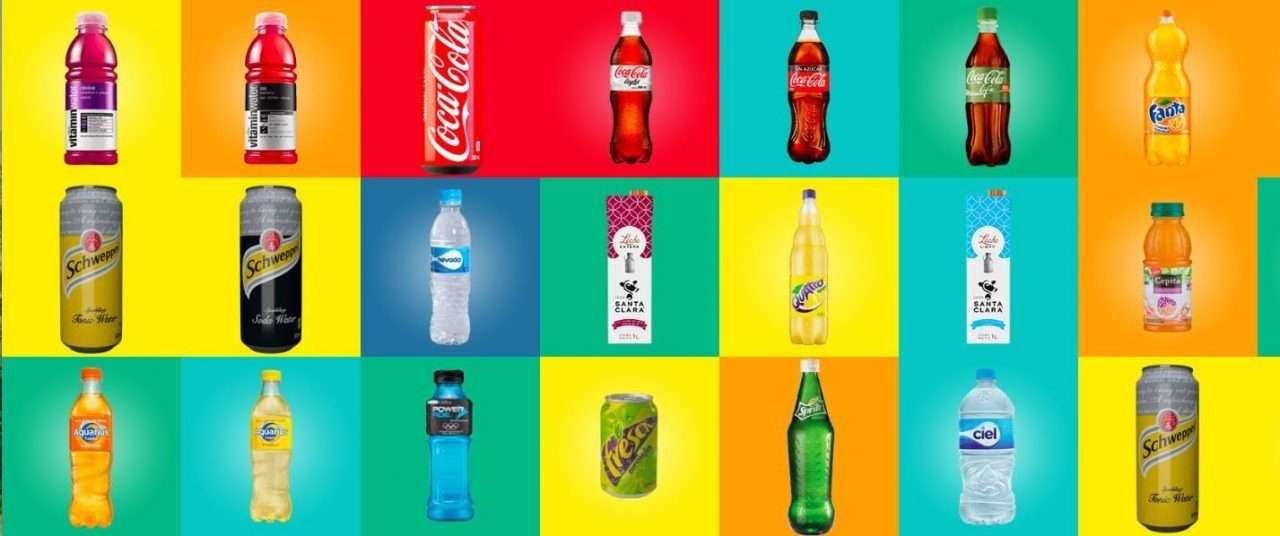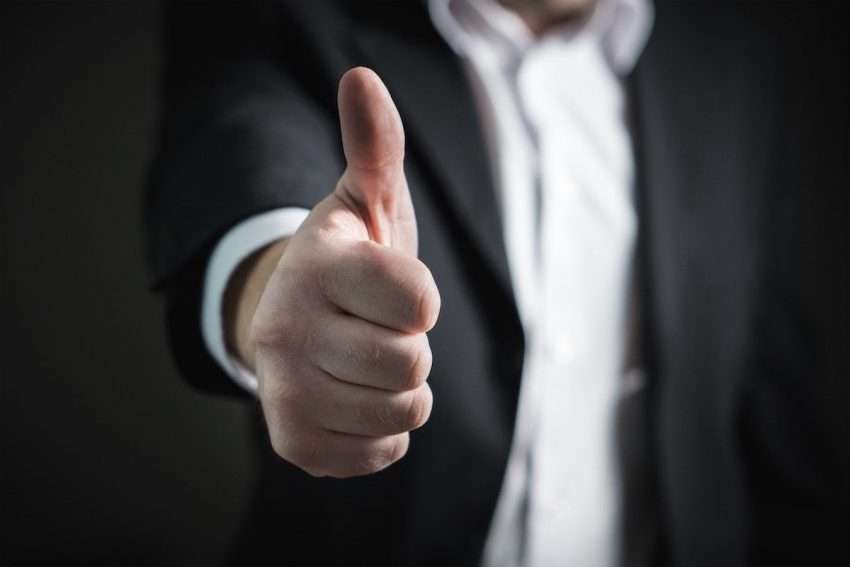Coca-Cola FEMSA is the largest public bottler of Coca-Cola products in the world.
- This Mexican based company operates 64 plants in ten countries and serves 381 million consumers daily.
- With 2.8 million points of sale, 324 distribution centers, Coca-Cola FEMSA produces and distributes beverages such as Sprite, Fanta, Lift and, of course, Coca-Cola, with an annual turnover of nearly 10 billion dollars.
The history of Coca-Cola FEMSA is a legacy of leadership. To keep their standing as an innovative company while addressing the challenges of the future, the human resources department has committed to reinforcing the skills of its leaders and helping them manage their teams. This strategy should not only provide employees with new tools but also help the company maintain its leadership in the beverage production and distribution sector.
The challenge: support the corporate transformation and train 850 employees
In their mission to keep employees always up-to-date and shore up the strategic objectives of Coca-Cola FEMSA, human resource managers faced three substantial challenges:
- Support the company’s recent transformation and reorganization. In recent years, the company has carried out a significant change in the structure of the departments and organization of its bottling plants. In this regard, areas that were previously independent (such as production, maintenance and quality) are now part of a single organizational unit. The human resource department faced the challenge of supporting this immense corporate transformation through a training program.
- Reinforce employee leadership skills. To meet the first challenge, the company realized that its employees needed new team and organizational management tools. The transformation in the company must also be accompanied by a transformation in its leaders. The challenge entailed reinforcing, transferring and internalizing the leadership skills of 850 managers and team leaders working at the 21 plants that Coca-Cola FEMSA has in Mexico.
- Provide innovative, effective and different training. The company sought a training method that employees would find attractive and alluring, one that would surprise them, increase their engagement and increase their interaction with the contents. Aware that the way of learning is changing, Coca-Cola FEMSA sought to provide its employees with a different, innovative and attractive format that would shatter the monotony of classroom learning.

Solution: Pacific, the serious game for leadership
To rise to all these challenges, Coca-Cola FEMSA incorporated Pacific, the serious game for leadership and team management, into its training programs. In this graphic adventure, employees are brought to a desert island, where they have to learn how to lead their team to build a hot-air balloon and escape the island alive.
This video game affords at least three advantages:
- Maximum quality contents. Pacific was formulated following hundreds of interviews with international experts, CEOs and executives from all over the world over a span of 12 years. The results are top quality contents about how to manage a high-performance team, delegate tasks, give feedback and motivate your employees. All these tricks, tips and tools fit perfectly with Coca-Cola FEMSA’s transformational needs and desire to shore up the leadership skills of its managers.
- A powerful simulator to guarantee practice. The serious game Pacific incorporates a simulator that mimics real-life conditions so that employees can practice in a safe environment. This guarantees that students can put everything they’ve learned into practice and then apply it in their day-to-day jobs at Coca- Cola FEMSA bottling plants. This is also how to achieve “learning by doing” or “experiential learning.”
- Gamification to motivate and surprise employees. Based on the game-based learning method, Pacific uses all the techniques of gamification (storytelling, rankings, points, etc.) to increase employee engagement and enhance the educational experience. Students immerse themselves from the very outset in an adventure that lets them interact with the contents and motivates them to complete the course.
Results: better leaders and better organization
The results show that, thanks to Pacific, the company was able to motivate and involve its employees in the training. The video game achieved a completion rate of 100%, while 99% said they would recommend it and 100% said that its contents were applicable in their day-to-day lives.
Moreover, the training had a notable impact on the organization and helped achieve the strategic objectives of Coca-Cola FEMSA. In work climate surveys, employees gave better scores for their supervisors (two points higher in the past two years, from 78.5 in 2015 to 80.6 in 2017) and the organizational climate (over 3 points, from 79.7 to 82.9).
Other external surveys such as the Organizational Health Index (OHI) also confirm the impact the training had on the company. Among all the analyzed indicators, leadership rose by over five points (from 80 in 2016 to 85 in 2017), demonstrating that the efforts by the human resources department successfully backed the company’s transformation and its commitment to create new leaders for the twenty-first century.





